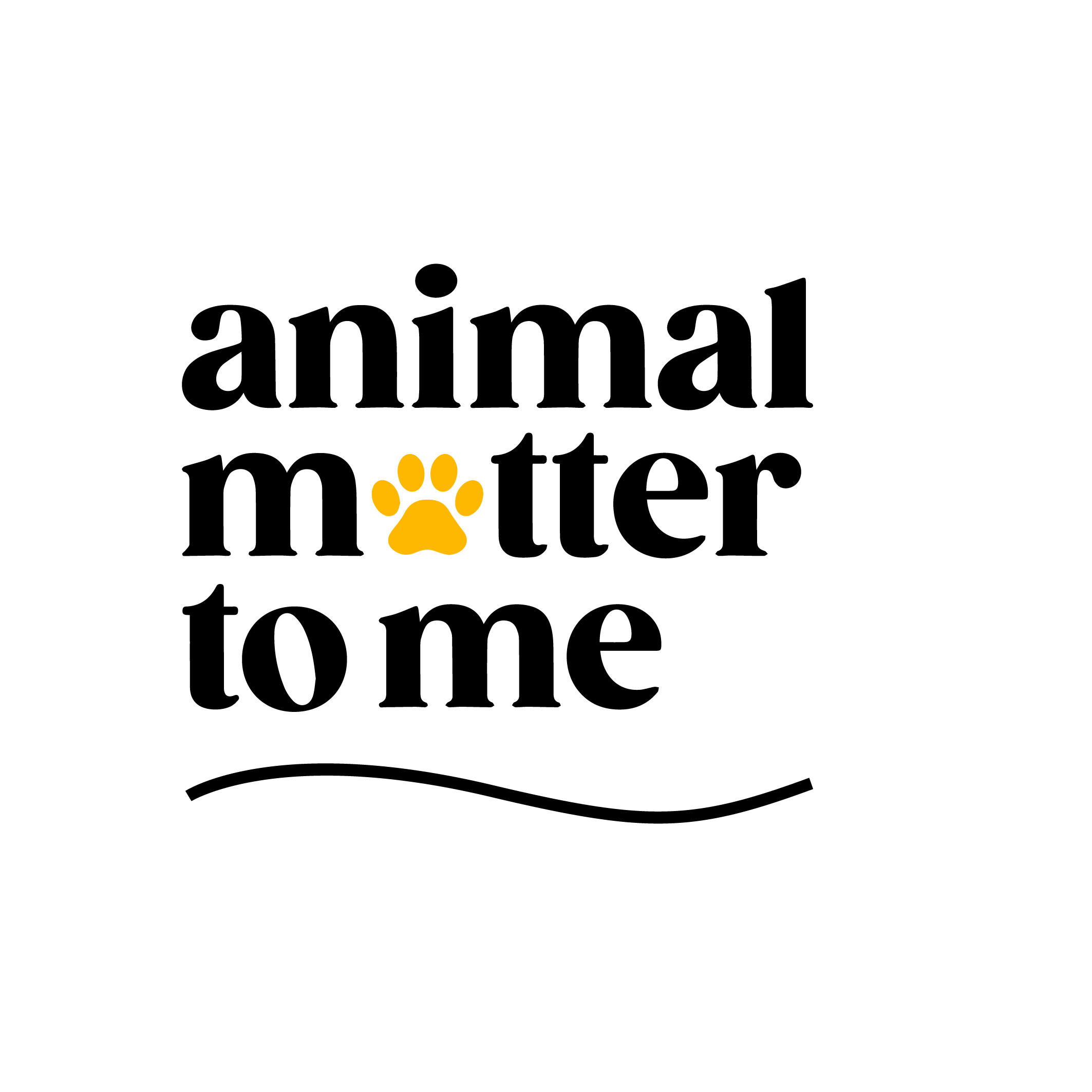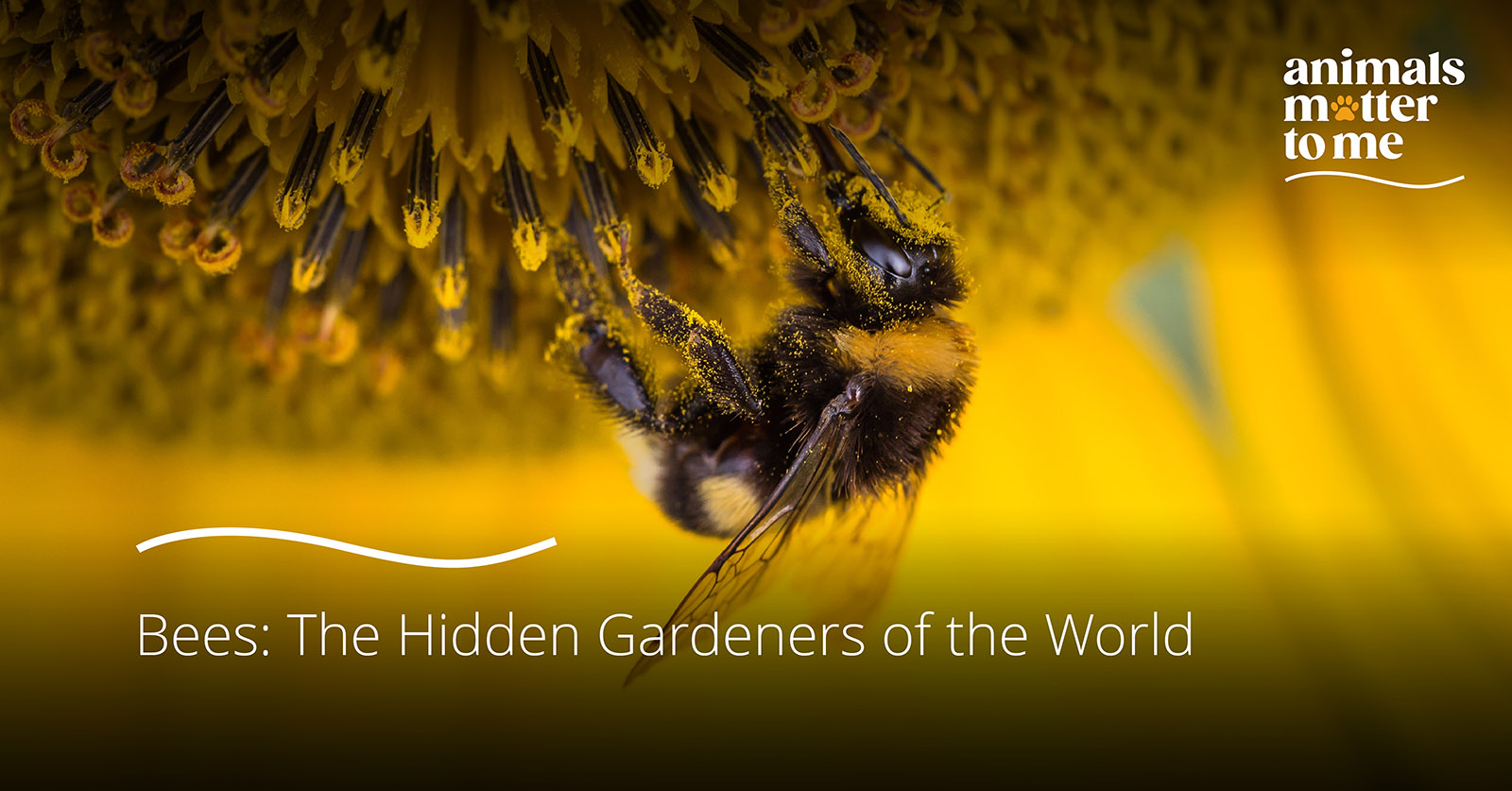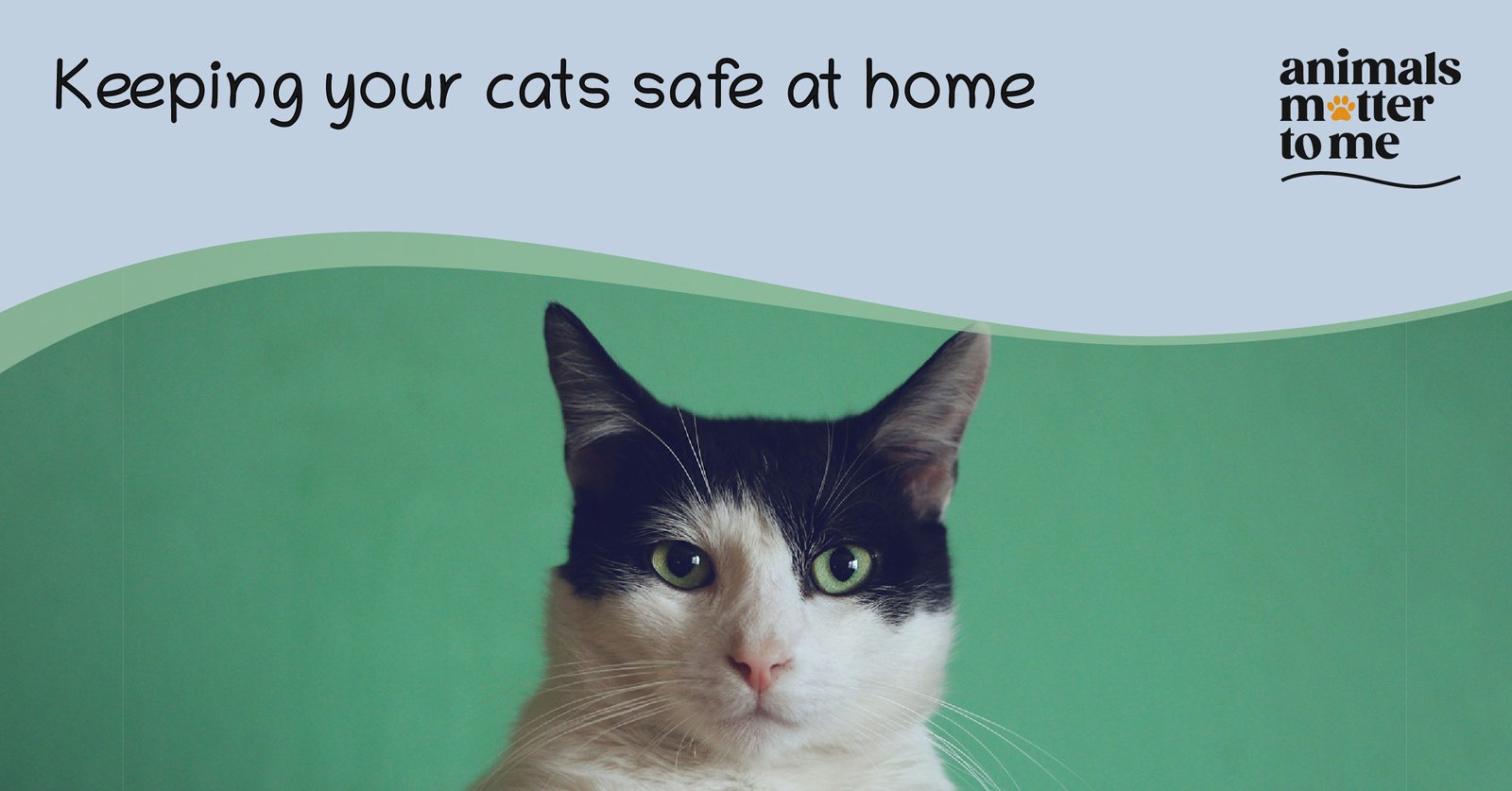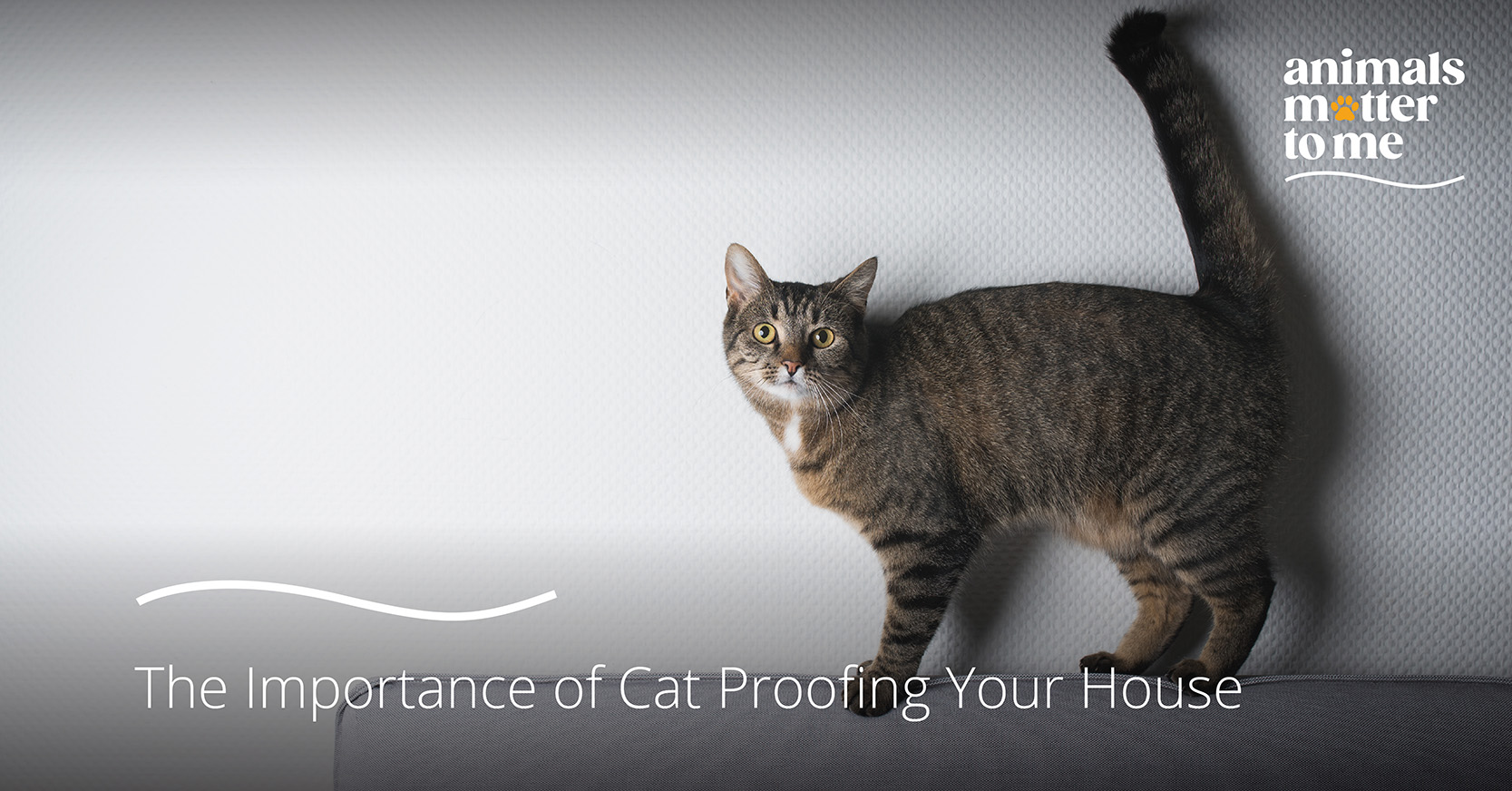Bees, these small but mighty creatures, play a vital role in our ecosystems, impacting not only rural areas but also urban landscapes. While they may seem like simple insects, their contribution to pollination, biodiversity, and food security is immeasurable. Read on to know more.
Pollination and its Impact on biodiversity
Pollination is fundamental to helping plants reproduce, ensuring the survival and diversity of plant species. While various animals, including monkeys, cattle, and humans, contribute to pollination, insects play a predominant role in this crucial ecological process. Among them, bees emerge as exceptional pollinators, actively transferring pollen from the male reproductive organs of flowers to the female ones, thereby facilitating fertilisation and enabling seed production. This process is crucial for the reproduction of both wild and cultivated plants.
In rural landscapes, where agriculture flourishes, pollinators such as bees, are the unsung heroes who ensure bountiful harvests and sustainable farming practices. They play a crucial role in pollinating crops, including fruits, vegetables, nuts, and oilseeds. Without them, many crops would struggle to bear fruit and produce viable seeds, leading to lower yields and economic losses for farmers. Nearly 90% of wild flowering plants rely on animal pollinators to ensure seed production, highlighting the crucial role of pollinators in maintaining biodiversity. They promote biodiversity by pollinating native plants, which serve as hosts for insects, provide food for birds and mammals, and contribute to overall ecosystem health.
In rural landscapes, where agriculture flourishes, pollinators such as bees, are the unsung heroes who ensure bountiful harvests and sustainable farming practices. They play a crucial role in pollinating crops, including fruits, vegetables, nuts, and oilseeds. Without them, many crops would struggle to bear fruit and produce viable seeds, leading to lower yields and economic losses for farmers. Nearly 90% of wild flowering plants rely on animal pollinators to ensure seed production, highlighting the crucial role of pollinators in maintaining biodiversity. They promote biodiversity by pollinating native plants, which serve as hosts for insects, provide food for birds and mammals, and contribute to overall ecosystem health.
Food security and beyond
Bees are not only important for ecological reasons but also for global food security. Their role in crop pollination ensures the availability of diverse and nutritious food for human consumption. Approximately 75% of the world’s flowering plant species rely on animal pollination — particularly bees — contributing over $217 billion to the global economy.
By understanding and appreciating the importance of bees, we can take steps to protect and support their populations, creating a healthier and more sustainable future for people and the planet. Let us celebrate the buzzing guardians who work quietly behind the scenes, enriching our surroundings and safeguarding the very fabric of life.




